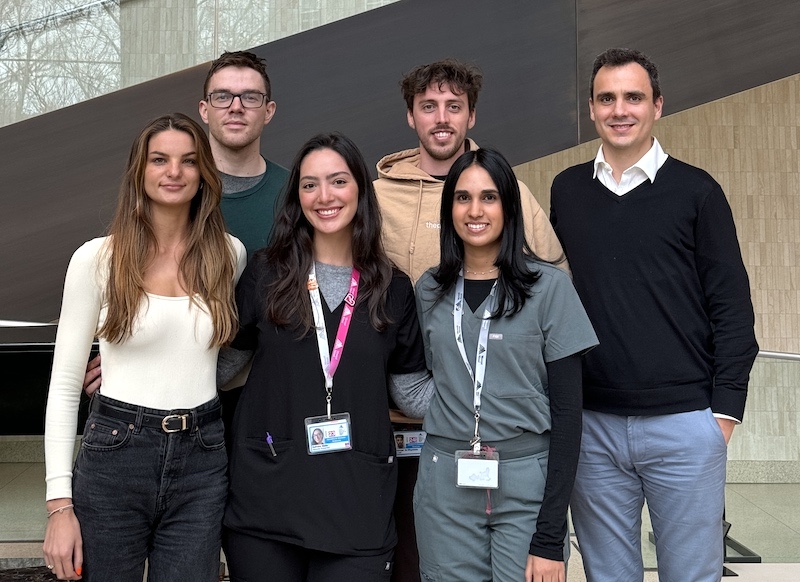
We run a research program on statistical genomics, with a dual focus on rare diseases and blood-related traits. The research themes of our group include:
- Etiological discovery of rare diseases. We develop statistical and computational methods for identifying the genetic determinants of rare diseases in large cohorts of whole-genome and whole-exome sequenced patients. We apply our approaches and validate our findings in collaboration with colleagues including Andrew Mumford and Kathleen Freson.
- Natural histories and mechanistic studies. We established the INDEED Study to investigate the natural histories and molecular mechanisms of rare diseases. Our team discovered ReNU Syndrome and both dominant and recessive forms of ReNU2 Syndrome, three of the most common types of neurodevelopmental disorders, so we have a strong focus on these conditions.
- Genome sequencing of neonatal fatalities. In collaboration with Felix Richter, we established a nationwide network of neonatalogists, NICUnet, to study the genetic determinants of rare events in neonatal intensive care units.
- Modeling of intermediate molecular phenotypes. In collaboration with the NIHR BioResource, we develop and apply methods for statistical integration of genetic and various types of omics data (e.g., RNA-seq) from disease-relevant tissues in large cohorts of participants with rare diseases.
- Discovery and diagnosis of primary immunodeficiency. As members of the INTREPID research project, we integrate whole-genome sequencing, clinical information and an array of cellular and molecular data from patients with primary immunodeficiency to discover novel etiologies and return diagnoses to patients.
- Understanding the genetic basis of variation in platelet reactivity. We are developing new ways of quantifying the propensity of platelets to activate and form clots in large, genetically characterized cohorts, such as Mount Sinai’s biobanks. This work is in collaboration with colleagues including William Astle, Chris Jones and Robert Campbell.
- The genetic and mechanistic basis of platelet disorders. We have a longstanding interest in discovering and understanding the genetic determinants of inherited platelet disorders, in collaboration with colleagues including Kathleen Freson.
- Genetic architecture of tissue factor expression. In collaboration with Sol Schulman, we are investigating the genetic basis of variation in the expression of the coagulation factor tissue factor, again taking advantage of Mount Sinai’s biobanks.
We are grateful to Wellcome, the NIH NHLBI, the NIH NICHD and the Lowy Foundation USA for providing extramural funding supporting our work. We are also grateful to the Mindich Child Health and Development Institute and the Charles Bronfman Institute for Personalized Medicine for intramural support.
